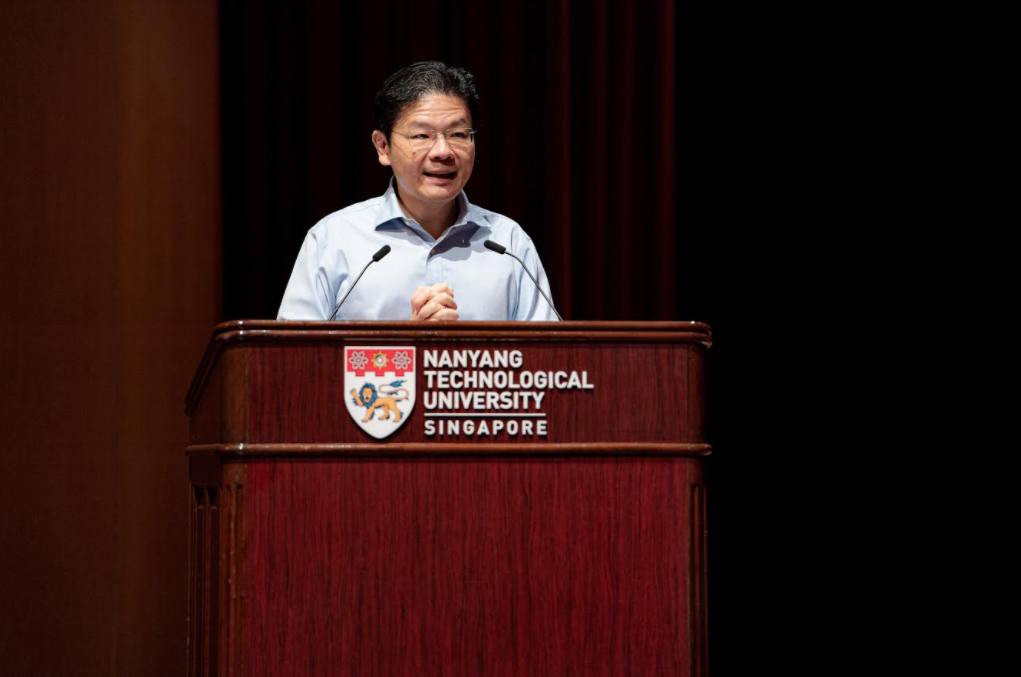Some 84 student leaders from Asia are meeting in person and virtually at Nanyang Technological University, Singapore (NTU Singapore) this week to discuss potential solutions to the region’s social inequality at the second Singapore Technologies Endowment Programme (STEP) Youth Regional Affairs Dialogue.
Held from January 3 to 9, the Dialogue, organised by NTU and Temasek Foundation, involves young leaders analysing and proposing fresh solutions to address social inequality. Five aspects of social inequality are being discussed: businesses and occupations; culture and heritage; gender and diversity; healthcare and well-being; and knowledge.
Lawrence Wong, Singapore Minister for Education and Second Minister for Finance, was the guest of honour today. He highlighted the impact the coronavirus pandemic had had on the world and Singapore before talking about inequality and how the government was dealing with it.
"Income inequality in Singapore is not something new. We have been dealing with this back in 1997, after the Asian Financial Crisis. After that happened, we saw incomes in Singapore starting to diverge, and have put in place programmes since then to strengthen social support," the minister said.
"If we all agree that we want to be greener, fairer and more giving, there are many things we can do: policy changes, attitude and mindset changes, and specific actions that we can all champion as well," he added.
The conversations are led and facilitated by professors from NTU’s University Scholars Programme and their academic peers from Asian universities, as well as leading experts and social innovators. The guest speakers include Dr Yaacob Ibrahim, Singapore’s former communications and information minister and current advisor to the president of Singapore Institute of Technology, and Ms Debbie Fordyce, president of Transient Workers Count Too (TWC2), a Singapore society that seeks to promote the rights and wellbeing of migrant workers.
“This year’s dialogue takes place amid the COVID-19 pandemic, which has brought to the forefront issues of stark inequality across the globe, such as access to healthcare, digital technology, education and jobs. As we begin to reimagine and rebuild a new post-COVID-19 world, there is no better time for us to come together to discuss and find fresh solutions to address these challenges,” Professor Ling San, NTU Deputy President and Provost, said.
The participating students were selected from more than 380 applicants from universities in Singapore and the region. In total, 20 countries are represented, including the 10 ASEAN economies and other Asian countries, regions and territories, such as Bhutan, China, India, Japan, Kazakhstan, Korea, Mongolia, Nepal, Sri Lanka and Taiwan.
“These conversations should begin with our youth leaders so that they can continue to build a stronger and more connected Asia together. With this second run of the STEP Youth Regional Affairs Dialogue, we hope the student leaders will take the opportunity to share and learn from ideas and perspectives from across the region and be inspired to create a better future for all,” Benedict Cheong, Chief Executive of Temasek Foundation International, said.



